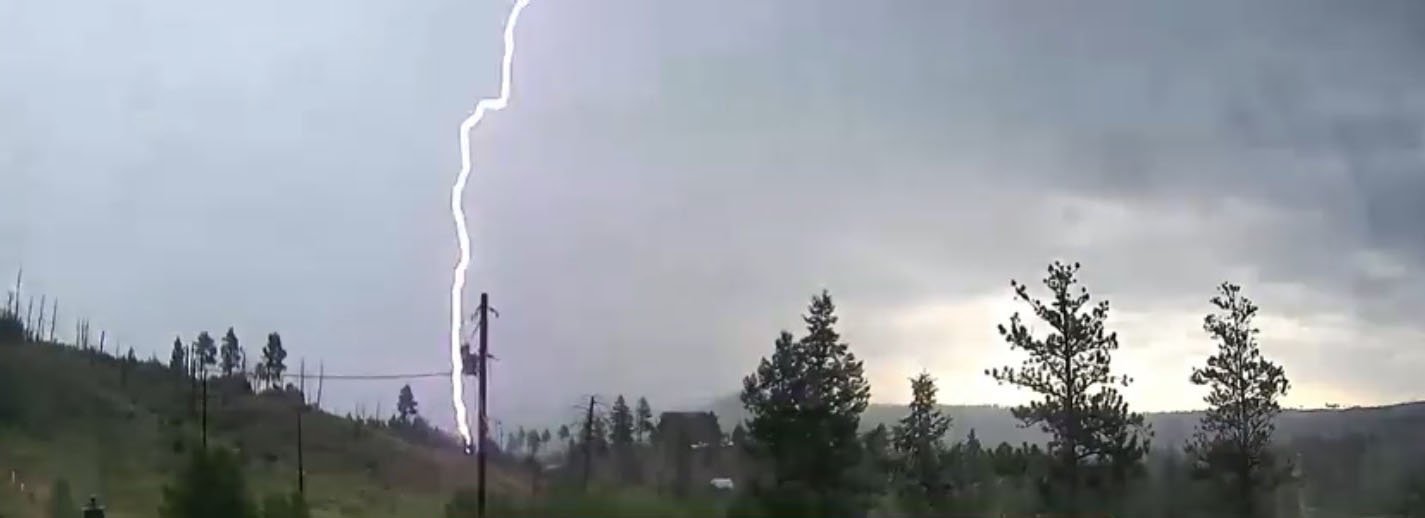Inclement Weather
 Weather at altitude in Colorado can be extremely unpredictable. Within the Mountain Communities Fire Protection District (MCFPD), be prepared for any kind of quick change the weather can bring. Always bring proper clothing (layers are your friend!), food, water, and a first aid kit when venturing into the back country. Residents may want to consider acquiring a generator when power outages occur for extended periods of time.
Weather at altitude in Colorado can be extremely unpredictable. Within the Mountain Communities Fire Protection District (MCFPD), be prepared for any kind of quick change the weather can bring. Always bring proper clothing (layers are your friend!), food, water, and a first aid kit when venturing into the back country. Residents may want to consider acquiring a generator when power outages occur for extended periods of time.
While winter (and spring and fall in Colorado) can bring plenty of snow and ice, summer is often host to thunderstorms. Hiking at higher elevations should be done in the morning to minimize risk of storm exposure in the afternoon. When lightning strikes, seek shelter indoors or protection in a valley or lower-lying area if outdoors. Avoid isolated trees, bodies of water, tall objects, or anything made of metal. If you can't go inside, crouch down with your head lowered, ears covered, and weight in the balls of your feet with your feet together. Do not lie flat on the ground. Should flooding begin to occur around you, seek higher ground as soon as you can.
In the event of any inclement weather, please avoid travel unless absolutely necessary. Because we only have roughly 10 miles of paved road in our district, we recommend utilizing high-clearance, all-wheel drive vehicles when possible. Remember when you put yourself at risk by venturing out in adverse conditions, you put Mountain Communities Volunteer Fire Department (MCVFD) responders at risk in the event of an emergency. Response times may be extremely delayed or even impossible in severe conditions.
Please, be responsible and stay safe!
National Weather Service
The National Weather Service (NWS) — an agency in the National Oceanic and Atmospheric Administration (NOAA) — supports the protection of life and property through detailed weather and climate forecasts. They provide timely, accurate information to help keep you safe in the event of inclement weather.